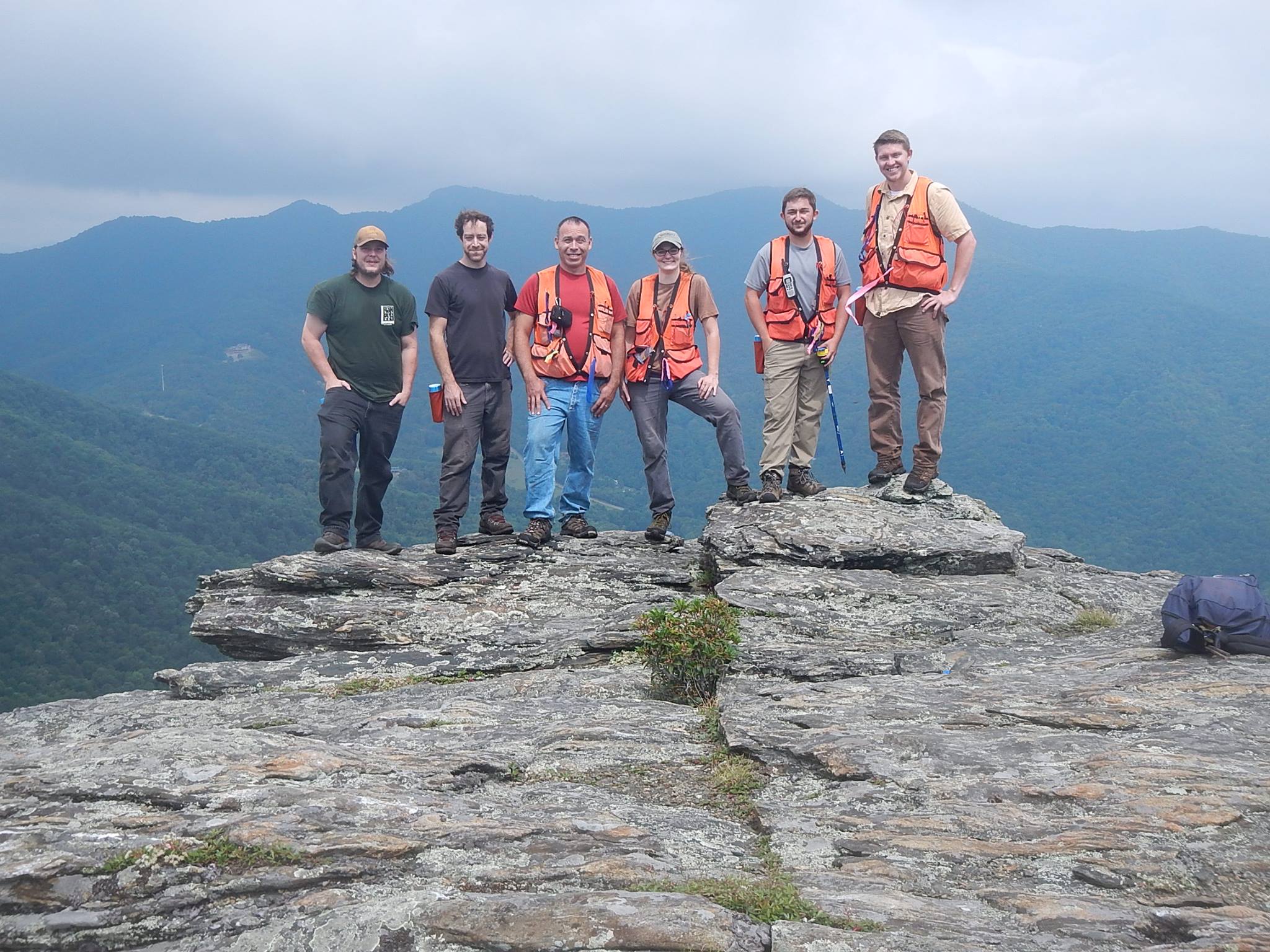What is forest stewardship in the southern Appalachians?
Sustainable forest stewardship is the management and use of forest lands in a way and at a rate, that maintains their biodiversity, productivity, regeneration capacity, vitality, and potential to fulfill, now and in the future, relevant ecological, economic, and social functions at varying scales, and that does not cause damage to other ecosystems (adopted from FAO).
OUR STEWARDSHIP PHILOSOPHY
Ecological Forest Stewardship:
Ecological stewardship employs management strategies that improve or maintain forest health while attempting to mitigate against current and future forest stresses. Typical goals include maintaining or restoring multiple age classes of diverse and naturally occurring forest communities across the landscape, and improving the vigor and growth rates of selected trees in some stands. Ultimately we wish to create healthier forests that support greater plant diversity and wildlife habitat, and are more resistant to the stresses that will affect our forests in the future.
Social Forest Stewardship:
Appalachian forests have value to all segments of society. These values include clean air, abundant and clean water, productive soils, diverse plant and animal communities, and a sense of place. We use our forest for hunting, hiking, camping, and traditional land uses such as ginseng and ramp collecting. Forest Stewards recognizes all stakeholders and works to include their views and protect their values, particularly on community and publicly owned lands.
Economic Forest Stewardship:
Sustainable forestry means balancing ecological health and societal values with the economic needs of today and tomorrow. Southern Appalachian forests provide abundant resources that have supported traditional rural economies for generations. Forest Stewards recognizes the need to sustainably harvest both timber and non-timber forest products to support employment opportunities throughout the region. Forest Stewards supports using our forest resources to preserve the mountain way of life.


THE NEED FOR FOREST STEWARDSHIP
- A legacy of resource exploitation has left many forests degraded and lacking in overall diversity.
- Present and future forest threats, whether related to pollution, urbanization, climate change, invasive exotic plants, insects, or disease, are typically un-natural and are likely to be more severe than many stresses of the past.
- Positive and proactive forestry can improve the condition of our forests, making them more resistant to these stresses, and enhance their ability to satisfy the needs of society for future generations.
Though they have proven remarkably resilient, our current forests still bear the scars of past mistakes. The once dominant American chestnut has been eliminated from the forest overstory by a non-native blight; many soils have been eroded and depleted from land clearing and farming on our steep mountain slopes; and large-scale clear-cutting and high-grading have produced forests that lack much of their original value and diversity.
The future of our forests is not guaranteed. Unregulated development, forest fragmentation, air-pollution, acid rain, global warming, and the introduction of invasive-exotic pests will continue to pose serious threats. Forest Stewards promotes a proactive approach to dealing with these threats. In many cases we need to treat our forests to speed the restoration from past abuses, and to make our woods more resistant and resilient to the new and ever-changing threats they will face.
